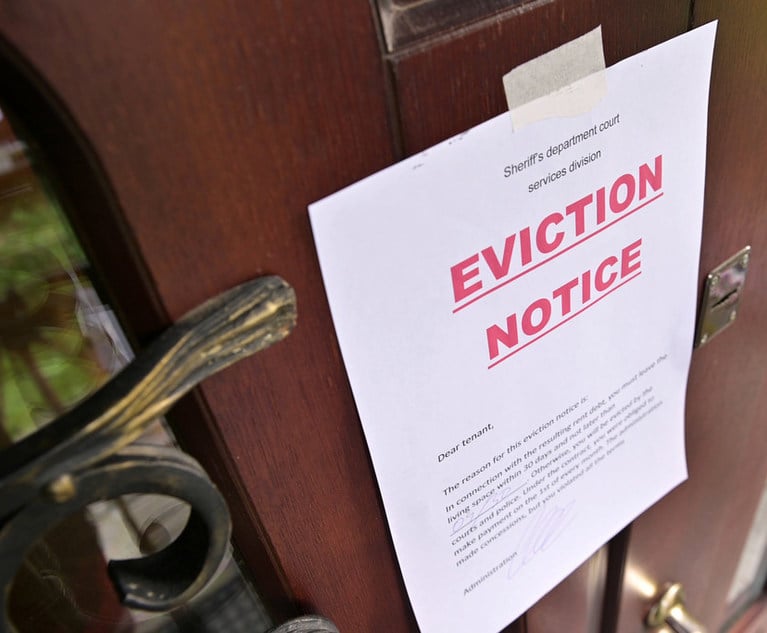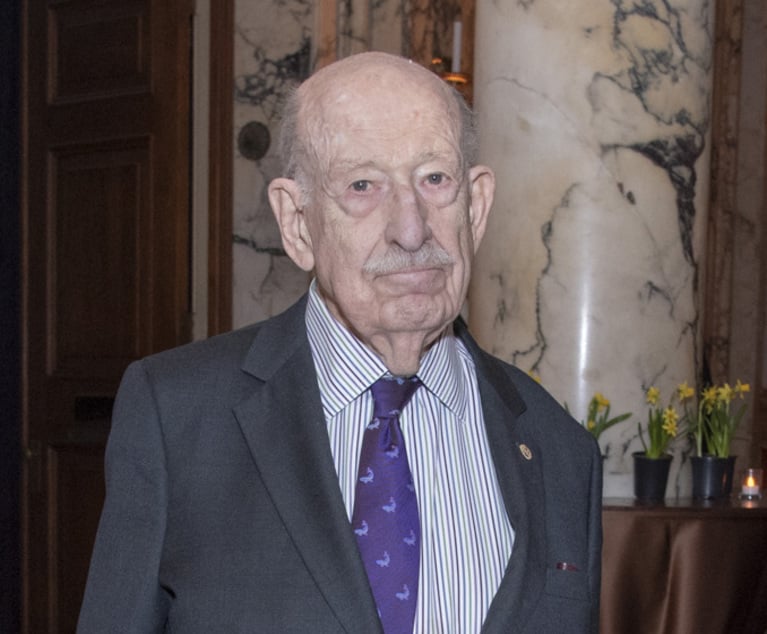 In the Jan. 29, 2019 issue of the New York Law Journal, Daniel M. Richmond had written an article titled “SEQRA Statute of Limitations: When Will the Courts Reach Finality on This Issue?” The well written article discusses the Dec. 12, 2018 Second Department decision in Stengel v. Town of Poughkeepsie Planning Board, 167 A.D.3d 752 (2d Dept. 2018). Stengel appears to be a departure from the prior 2014 pronouncement of the Second Department in Patel v. Board of Trustees of the Village of Muttontown, 115 A.D.3d 862 (2d Dept. 2014). Or is it?
In the Jan. 29, 2019 issue of the New York Law Journal, Daniel M. Richmond had written an article titled “SEQRA Statute of Limitations: When Will the Courts Reach Finality on This Issue?” The well written article discusses the Dec. 12, 2018 Second Department decision in Stengel v. Town of Poughkeepsie Planning Board, 167 A.D.3d 752 (2d Dept. 2018). Stengel appears to be a departure from the prior 2014 pronouncement of the Second Department in Patel v. Board of Trustees of the Village of Muttontown, 115 A.D.3d 862 (2d Dept. 2014). Or is it?
It has been fairly common practice for land use attorneys to coordinate SEQRA litigation with the attendant zone change, site plan, special exception use permit, wetland or steep slope permit process which are the very subject of the SEQRA review. However, since 2003, the road has been perilous with many attorneys scratching their heads regarding when the statute of limitations begins to run on a SEQRA challenge. It is fundamental that a four-month statute of limitations is provided for an Article 78 proceeding unless a shorter time is provided for in the law authorizing the proceeding (CPLR 217[1]). For example, the period within which to challenge a SEQRA determination, where a Town agency or board must render an approval, is governed by the shorter 30-day period of limitation. See Town Law §274-a[3]. The issue is when does it begin to run?






